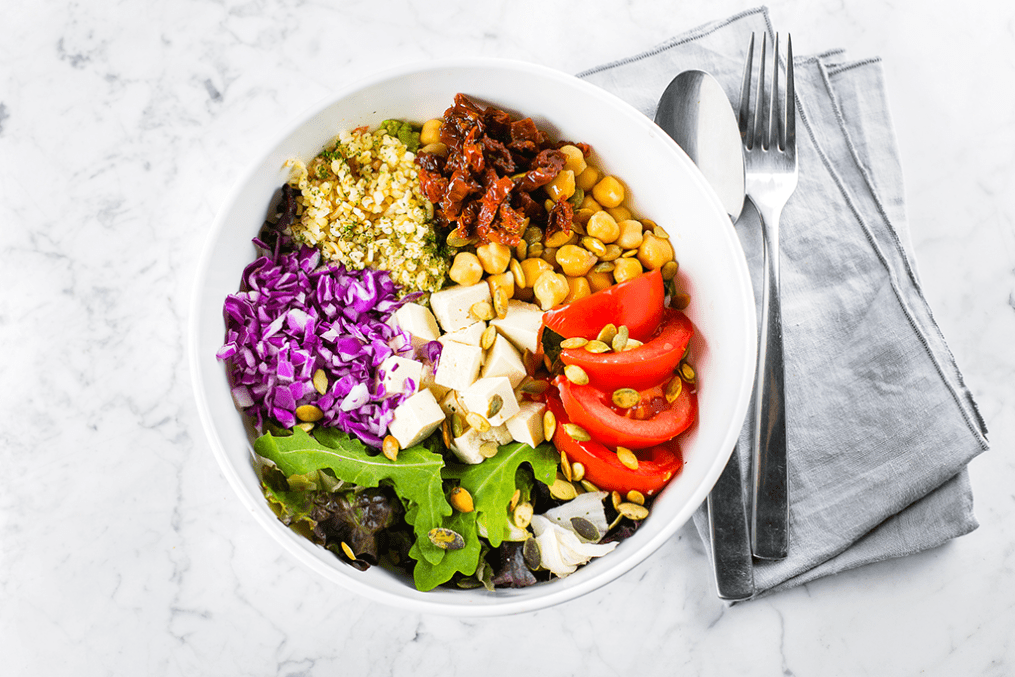6 ways to supercharge your immunity

Beat those lingering coughs and colds – our guide by Dr Jenna Macciochi shares the latest thinking on supporting your immune system.
1 Deal with stress
The factors that affect our immune system can be surprising and not always obvious. For example, the impact of short-term stress on our immune system can often be beneficial. But frequent or long-term stress has been shown to directly suppress immune cell function.
Immune cells have receptors for stress hormones, which directly influence their activity, making them less able to function. And long-term stress has been shown to elevate blood inflammatory markers, which leaves you with a lower capacity to fight off infections.
Read more: 5 surprising signs you’re stressed
Studies have shown decreased responses to vaccines in people who have chronic stress. Indirectly, stress may affect the immune system by encouraging negative behaviours and habits, for example lack of sleep and poor diet. Try to reduce your stress level to boost your immune system.
2 Take vitamin D the right way
Vitamin D can help strengthen the immune system at key sites in the lungs. But in the winter, here in the northern hemisphere, we don’t get enough sunlight for our skin to produce sufficient vitamin D so it’s a good idea to take a supplement.
It works with vitamins A and K. Vitamins A and D both bind to immune cells and promote effective immune cell processes, and vitamin K helps them work. A quality cod liver oil is an ideal way to get all the benefits. I’d argue it’s advisable to take it year-round – even in summer; it can be hard to know how much sun you need as everyone’s skin tone is different.
Read more: What it does… vitamin D
3 Get plenty of fibre
You might be surprised by this, but more than 70% of our immune system is located in the gut. The fibre in fruit and vegetables is very important as it feeds your good gut bacteria [which work synergistically with the immune system].
The good bacteria help you release important vitamins and minerals from food, such as short-chain fatty acids, which strengthen your protective barriers to the environment, such as the epithelial lining of the lungs and gut. Taking probiotics may also be useful as they can boost the gut’s immune cells.
4 Reset your body with sleep
Try to prioritise good quality sleep. It releases substances including melatonin, which direct the actions of other hormones such as growth hormones and cortisol. These play a role in helping the immune system regenerate.
Sleep also gives your body time to regulate inflammation, which can affect how fast you recover from being sick. One study also showed that your response to a vaccine is inadequate if you aren’t getting enough sleep.
Read more: Struggling to sleep? Avoid these five bedtime pitfalls
Magnesium can be particularly helpful if you have trouble falling asleep as it relaxes muscles. Try rubbing magnesium oil on to your skin or have an Epsom salts bath before bed – a bath can be relaxing and turn off those stress hormones that keep you up late at night worrying.
5 Eat a rainbow
Lots of people reach for vitamin C when they’re coming down with a cold. But while immune cells do use vitamin C and there may be an increased need for it when you’re fighting an infection, it’s unlikely you’ll be deficient so the effects of taking extra amounts will be negligible.
Research shows that a balanced diet with plenty of fruit and veg provides nutrients in the right context and the most bioavailable form to boost the immune system. Zinc, B vitamins and vitamin E are also particularly important nutrients for immunity.
6 Get the exercise balance right
Exercise is good for your body – it releases stress and helps you sleep, among other things. But if you over-exercise, it can lead to elevated inflammation, which actually puts strain on your immune system, suppressing its ability to respond to infection. It’s better to do a little exercise often, rather than pounding away at the gym.
Dr Jenna Macciochi is a teaching fellow in immunology at the University of Sussex.











